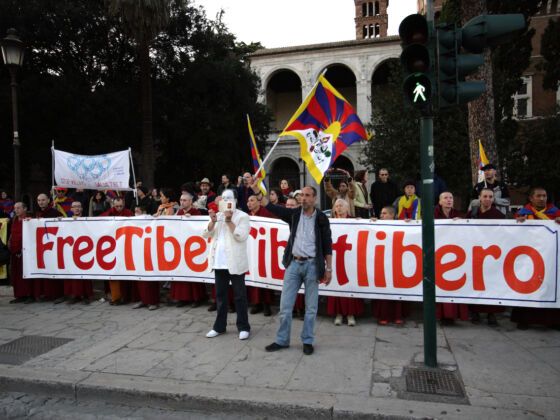With the 2018 Winter Olympic Games in South Korea underway, we take a glance over past Games and ask: Should politics be benched at the Olympics, granting athletes the space to compete for their dreams?
Have your say. Can sports and politics ever be separated?
1936 Summer Olympics, Berlin, Germany
Proposed boycotts due to Nazi Germany’s human rights abuses and propaganda
The International Olympic Committee (IOC) awarded Berlin the honour of hosting the games, not knowing Adolf Hitler would take power in Germany two years later. There was an international debate as to whether the 1936 Olympics should be boycotted in response to reported persecution of Jewish athletes and other racist policies.
